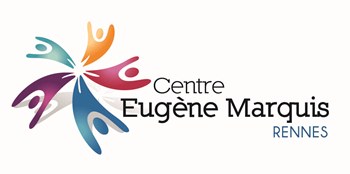Gradual ER calcium depletion induces a progressive and reversible UPR signaling
Résumé
The unfolded protein response (UPR) is a widespread signal transduction pathway triggered by endoplasmic reticulum (ER) stress. Because calcium (Ca2+) is a key factor in the maintenance of ER homeostasis, massive Ca2+ depletion of the ER is a potent inducer of ER stress. Although moderate changes in ER Ca2+ drive the ubiquitous Ca2+ signaling pathways, a possible incremental relationship between UPR activation and Ca2+ changes has yet to be described. Here, we determine the sensitivity and time-dependency of activation of the three ER stress sensors, IRE1α, PERK and ATF6α in response to controlled changes in the concentration of ER Ca2+ in human cultured cells. Combining Ca2+ imaging, FRAP experiments, biochemical analyses and mathematical modeling, we uncover a non-linear rate of activation of the IRE1α branch of UPR, as compared to the PERK and ATF6α branches that become activated gradually with time and are sensitive to more important ER Ca2+ depletions. However, the three arms are all activated within a 1h timescale. The model predicted the deactivation of PERK and IRE1α upon refilling the ER with Ca2+. Accordingly, we showed that ER Ca2+ replenishment leads to the complete reversion of IRE1α and PERK phosphorylation in less than 15 min, thus revealing the highly plastic character of the activation of the upstream UPR sensors. In conclusion, our results reveal a dynamic and dose-sensitive Ca2+-dependent activation/deactivation cycle of UPR induction, which could tightly control cell fate upon acute and/or chronic stress.
Domaines
Cancer| Origine | Fichiers éditeurs autorisés sur une archive ouverte |
|---|




